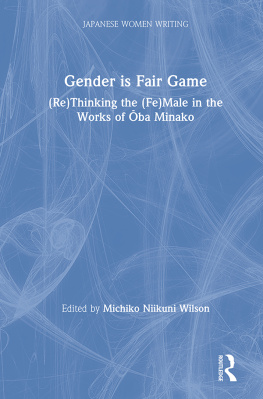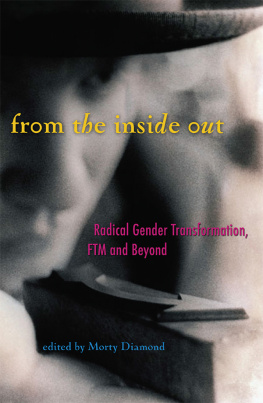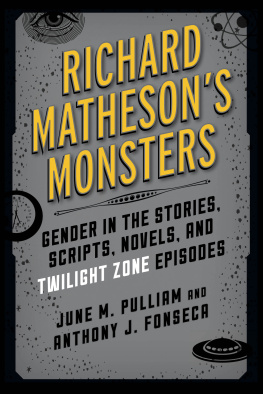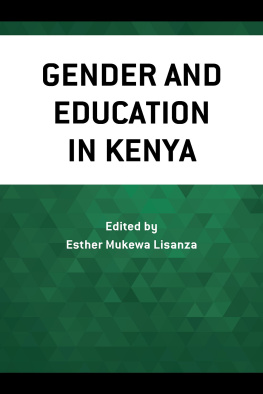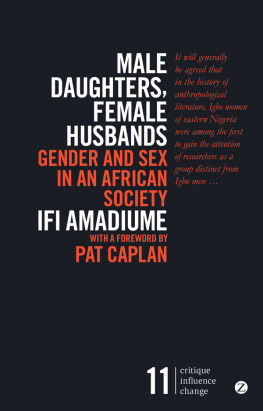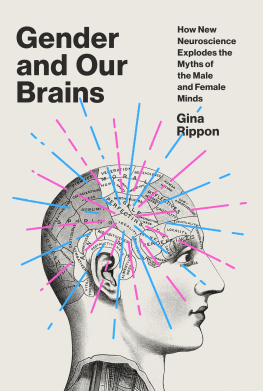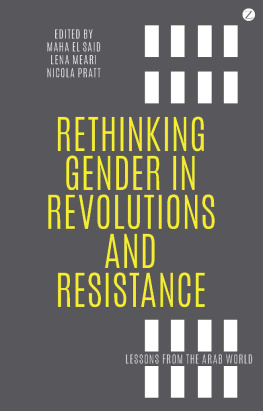Gender Is
Fair Game
(Re)Thinking the (Fe)Male
in the Works of ba Minako
A Series edited by
Michiko Niikuni Wilson
Japanese Women Writing, devoted to works by and about Japanese literary women, celebrates the resurgence of womens writings in a country that gave women a voice and a room of their own as early as A.D. 900. Despite a long hiatus in the female literary tradition between 1190 and 1868, and another during the Pacific War, Japanese female writers have been able to reclaim what is their due. Introducing a wide range of writing since the early 1900sfiction, poetry, critical essays, and biographiesJapanese Women Writing attempts to redefine the modem Japanese literary canon and highlight a female perspective that intersects with the notions of gender, power, and sexuality.
First published 1999 by M.E. Sharpe
Published 2015 by Routledge
2 Park Square, Milton Park, Abingdon, Oxon 0X14 4RN
711 Third Avenue, New York, NY 10017, USA
Routledge is an imprint of the Taylor & Francis Group, an informa business
Copyright 1999 Taylor & Francis. All rights reserved.
No part of this book may be reprinted or reproduced or utilised in any form or by any electronic, mechanical, or other means, now known or hereafter invented, including photocopying and recording, or in any information storage or retrieval system, without permission in writing from the publishers.
Notices
No responsibility is assumed by the publisher for any injury and/or damage to persons or property as a matter of products liability, negligence or otherwise, or from any use of operation of any methods, products, instructions or ideas contained in the material herein.
Practitioners and researchers must always rely on their own experience and knowledge in evaluating and using any information, methods, compounds, or experiments described herein. In using such information or methods they should be mindful of their own safety and the safety of others, including parties for whom they have a professional responsibility.
Product or corporate names may be trademarks or registered trademarks, and are used only for identification and explanation without intent to infringe.
Library of Congress Cataloging-in-Publication Data
Wilson, Michiko N.
Gender is fair game : (re)thinking the (fe)male in the works of ba Minako /
by Michiko Niikuni Wilson,
p. cm.(Japanese women writing)
An East Gate book.
Includes bibliographical references and index.
ISBN 0-7656-0313-6 (alk. paper).
1. ba, MinakoCriticism and interpretation. I. Title. II. Series.
PL858.B3Z95 1998
895.635dc21
98-18947
CIP
ISBN 13: 9780765603135 (hbk)
For my little girl within
ba Minako
Gender (jendaa) and feminism (feminizumu) belong to a group of loan words such as privacy and priority that have no Japanese equivalents. A feminist perspective has been slow to develop in Japanese literary studies, so much so that it may sound naive (or worse yet, essentialist) to those feminists engaged in Anglo-American studies, for whom gender has been fair game over the past three decades.
At the height of academes preoccupation with postmodernism in the 1980s and early 1990s, it seemed that Japanese studies had bypassed jendaa altogether. Postmodernists pronounced that we are beyond gender, that gender is no longer an issue. But others contested this assertion and pointed out that gender as an integral part of feminist studies remains relevant. I concur with Temma Kaplans affirmation in the foreword to Whos Afraid of Feminism? Seeing Through the Backlash: Since the seventies, critics have been pronouncing the end of feminism. Judging from the backlash, ... Id say that feminism was here to stay.... Feminism is anything but monolithic... [it] is alive and well, free floating and free spirited. And, I would add, it has finally, and rather dramatically, floated towards Japanese studies.
Nineteen eighty-eight marked the first feminist panel ever held at the annual meeting of the Association for Asian Studies (AAS).
My encounter with feminism and ba Minakos work dates back to the mid-1980s when Chieko I. Mulhern asked me to contribute to another collaborative effort, Japanese Women Writers: A Bio-Critical Sourcebook. ba Minako was one of the four writers assigned to me, at a time when writing about womens lives and works was not even on my agenda. My evolution was gradual.
It was several years before I connected the concept of marginality in e Kenzaburos work along with Mikhail Bahktins political message of grotesque realism with female outsiderhood and womens subversive writingsissues that had nonetheless been percolating in my subconscious. With my present workone attempt to apply the poetics of gender and feminist criticism to engender an alternative reading of Japanese literary textsthe mind has finally found its significant other, the body, in what Adrienne Rich called personal grounding.
It is a revelation that, I am well aware, comes rather late to many female writers, readers, and scholars. I am such a latecomer. For those who have it early, it is truly a privilege. Women know that integrating the mind and body into an original whole is by no means just a spiritual journey, but an intellectual one as well. To recognize the mind-body split is to pose the question: Does gender have anything to do with what I am, as a reader, scholar, and a woman? The answer is a resounding yes. Needless to say, I have benefited greatly from American feminist scholarship, without which I would never have found my true voice nor appreciated fully the richness of Japanese womens writings.
The University of Virginia provided me a Sesquicentennial sabbatical in the spring of 1996 that allowed me to complete a draft of this project. The East Asian Center of the university made the visit of ba Minako and her husband, Toshio, possible in the spring of 1993, when ba gave a public lecture at the university. Jamie and Mary McConnell graciously hosted the bas at their estate. The Womens Center and the Womens Studies Program, with Sharon Davie and Ann J. Lane as directors, have been instrumental in creating an environment that recognizes feminist scholarship at the university.
Over the years I have nurtured and carried this project toward a safe delivery, many people have supported me in ways that I could never repay. My special thanks go to Doug Merwin who showed interest and confidence in my project when I first approached him. I wish to thank Kojima Junko who has tirelessly replenished my emotional energy by showing what Japan is not. I have had the great fortune of knowing Keiko I. McDonald, a visiting professor at the University of Texas at Austin in 197475, who initiated me into the world of critical writing. I thank Mary B. McKinley for her constant support and generosity, and for a birthday gift in 1989 of a copy of Writing Womens Life by Carolyn G. Heilbrun that began the whole process of my re-awakening. Janice Brown, who read the entire manuscript twice over and validated my undertaking, has cheered me on with a great sense of humor and a vision. I owe Becky Thomas for her intellectuality and ever-ready editorial pen, precise and resourceful, which guided me in the rewriting and reshaping of the manuscript.

